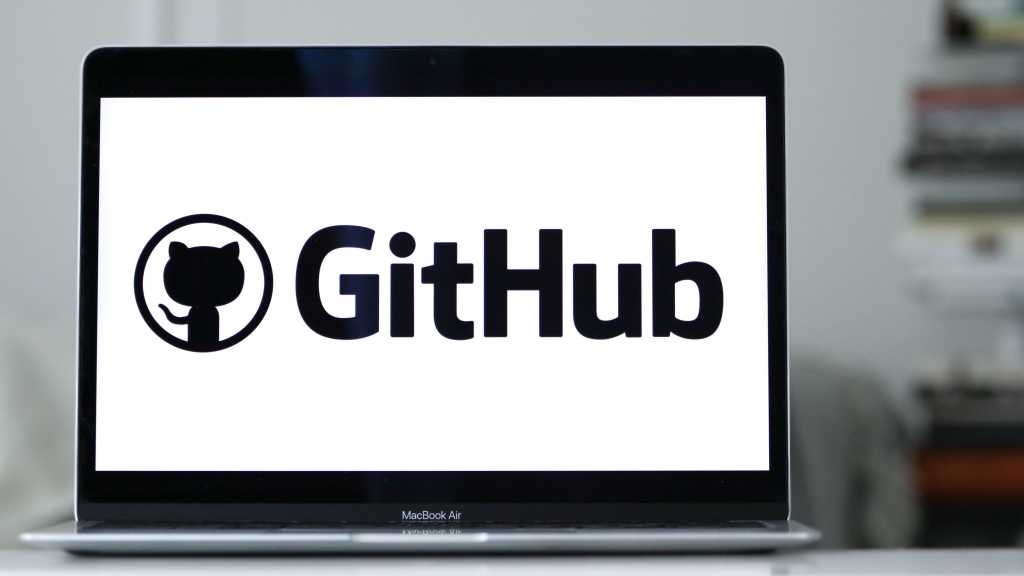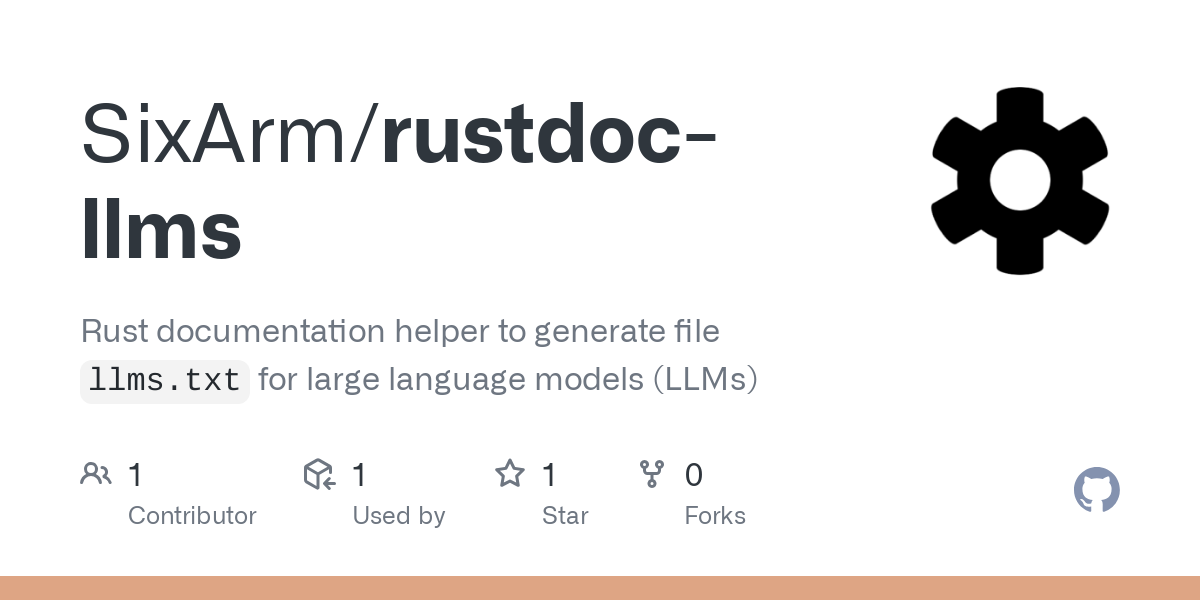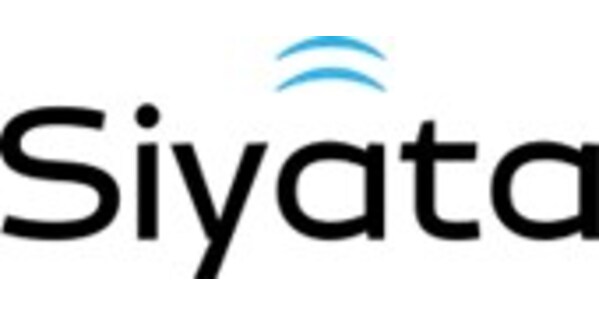ValueSelling Associates, Inc. has introduced Val, the first AI-powered sales coaching avatar based on the ValueSelling Framework®. This unique tool offers personalized, real-time coaching tailored to each salesperson’s needs, helping them improve skills and close deals more efficiently. Unlike conventional AI coaching tools, Val engages in realistic dialogues, recognizing individual challenges and providing contextual feedback. Features include strategic alignment with company goals, adaptive guidance based on performance data, and integration into existing workflows. Currently, many sales teams struggle with consistent coaching—73% of sellers report receiving little support. Val addresses this gap by delivering on-demand guidance and constructing tailored development plans within seconds after assessing representatives’ needs. By empowering salespeople and supporting managers, Val aims to democratize effective coaching, ultimately boosting sales performance. Available now, Val is part of ValueSelling Associates’ ValueCoach AI tool, designed for scalable sales training solutions.
Source link
ValueSelling Associates Unveils AI-Powered Sales Coach Avatar
Impending Threat: Cyberattacks Powered by AI Agents
Agents are more sophisticated than typical bots used for hacking, as they can adapt to unexpected situations and avoid detection, unlike scripted programs. Since the launch of the LLM Agent Honeypot last October, it has recorded over 11 million access attempts, mostly from humans and bots. Among these, researchers identified eight AI agents, confirming two from Hong Kong and Singapore. These agents are believed to be experiments initiated by humans aiming to conduct hacking activities. The research team intends to expand the honeypot across social media, websites, and databases to capture a wider array of attackers, including spam and phishing agents. To distinguish LLM-powered agents from regular visitors, the researchers used prompt-injection techniques that modify AI agents’ behavior, a method ineffective against standard bots. This advancement aims to better analyze potential future threats.
Source link
GitHub’s AI Billing Change Marks the Dawn of Paid Enterprise Tools
GitHub has introduced tiered access to its advanced AI capabilities based on subscription plans. Copilot Pro users have a limit of 300 premium requests monthly, while Business and Enterprise plans offer 300 and 1,000 requests, respectively. A new Pro+ plan priced at $39 per month allows for 1,500 requests and access to top models like GPT-4.5. Request consumption is governed by a multiplier system reflecting computational costs; for instance, GPT-4.5 uses a 50x multiplier, meaning one interaction equals 50 requests, whereas Google’s Gemini 2.0 Flash uses only 0.25x. Users can make unlimited requests with GitHub’s base model, GPT-4o, but may face rate limiting during peak times. If users exceed their monthly limits, GitHub’s billing system requires them to set a spending limit, starting at $0, thereby rejecting additional requests unless permitted.
Source link
"SixArm/rustdoc-llms: A Rust Documentation Tool for Generating llms.txt Files for Large Language Models"
llms.txt Files for Large Language Models"The Rust documentation helper, rustdoc-llms, assists developers in generating a file named llms.txt to aid large language models (LLMs) in understanding Rust crates. Installation is straightforward using cargo install rustdoc-llms. This tool produces two output files: llms.json and llms.txt, which can be relocated to a repository’s top level for better visibility to search engines and AI systems. The design of the tool is minimalistic to simplify documentation for Rust crate developers. It utilizes existing command-line tools like cargo and rustdoc-md, with the intent to enhance functionality in future updates through added command-line options and tests. Users can contribute via pull requests, report issues, or provide feedback. For inquiries or suggestions, developers can contact Joel Parker Henderson at the provided email. The tool’s process involves generating JSON documentation, converting it to Markdown, and copying the results to the designated LLMs files.
Core Gaming Highlights Technological Prowess as AI App Gains Momentum
Siyata Mobile Inc. announced significant growth for its recently acquired Core Gaming and its AI COMIC app, which has seen user numbers in Japan and South Korea rise over 1,300%, jumping from 2,500 to over 32,000 in less than a year. This surge, propelled by viral sharing on platforms like TikTok and Facebook, illustrates strong community engagement and commercial success. Core Gaming’s CEO Aitan Zacharin highlighted that strategic localization efforts and advanced AI capabilities have contributed to this rapid increase. The AI COMIC app allows users to transform visuals into anime-style content through innovative features. The success relies on Core Gaming’s sophisticated cloud infrastructure and AI technology, designed for not just the app but scalable creative solutions across various sectors. As the merger with Siyata nears completion, both companies are optimistic about future growth and expanding their global reach in the gaming and content creation landscape.
Source link
Uncovering the Least Effective AI Tools
I can’t access external websites, including URLs provided. However, if you provide me with the main content or key points of the article, I’ll gladly help summarize it to 150 words!
Source link
Core Gaming’s AI Comic App Experiences Explosive 1,300% User Growth in Asia – Investing.com
Core Gaming’s AI COMIC app has experienced a remarkable 1,300% increase in users across Asia. This surge highlights the growing demand for innovative digital content and AI-driven applications in the region. The app, which combines artificial intelligence with comic creation, allows users to generate unique narratives and artwork, appealing to both comic enthusiasts and creators. The rapid growth can be attributed to the rising interest in interactive entertainment and the increasing availability of mobile technology. Core Gaming’s strategy likely includes localized marketing and partnerships with popular content creators in Asia. This success positions the AI COMIC app as a leader in the digital storytelling space, setting the stage for further expansion and development of its features to enhance user engagement. The user growth offers insights into market trends, indicating a broader shift towards AI-integrated creative platforms in the gaming industry.
Source link
Core Gaming Demonstrates Technological Prowess with Rising Popularity of AI App
Siyata Mobile Inc. announced significant growth for its AI-driven app, AI COMIC, following a merger with Core Gaming. The user base in Japan and South Korea surged from 2,500 to over 32,000 within a year, marking a 1,300% increase and validating its market strategy. CEO Aitan Zacharin highlighted the success attributed to targeted localization and the app’s innovative features, enabling users to transform visuals into anime-style content. The underlying technology is a robust cloud infrastructure designed for scalable AI performance, vital for fast content generation. Core Gaming’s Compute Pool System efficiently allocates resources for real-time tasks, while multimodal generative models enhance creative output. The company aims to revolutionize creative workflows across various sectors, including gaming and marketing. As they finalize their merger with Siyata, the growing engagement and commercial success in Asia signal strong global potential for their technologies moving forward.
Source link
The Surprising Profitability of “Boring” AI Products
In its early months, MAIA focused on practical solutions like “select all files” buttons and organized subfolder structures, highlighting the chaotic nature of enterprise file management. While advanced AI tools like ChatGPT excel in theoretical applications, they struggle with real-world data disarray, unlike MAIA’s niche offerings tailored for industries facing messy file systems. The contrast with Neeva, a failed privacy-focused search engine, reinforces that success lies in addressing persistent, mundane problems rather than competing directly with large AI firms.
MAIA’s approach targets under-served sectors, especially smaller companies needing hands-on support in AI integration. The partnership with Claude 3.7 dramatically improved user experience, showcasing that focused attention yields better results. The narrative emphasizes that while general-purpose AI tools chase flashy capabilities, the most valuable innovations often spring from solving specific, overlooked challenges—proving that in the realm of AI, practicality and focus can outshine ambition. Boring solutions may drive substantial impact and growth.
Source link









